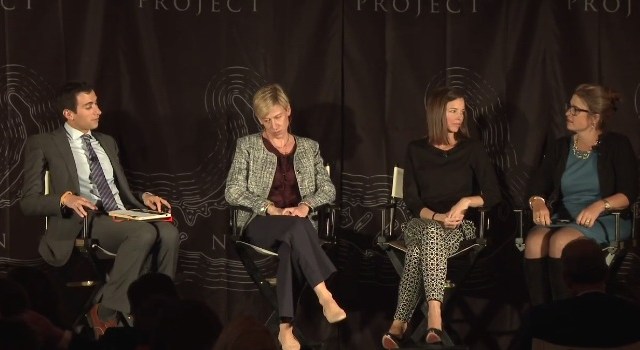Language and Empire – Why We Shun Asian Words, For Now

“I am Master of this College; And what I know not, Is not knowledge.” –A. N. Whitehead
THE ROMAN Empire is narrated with pride and pomp, and Latin, its lingua franca – having superseded the Hebrew and Greek lexicons – perpetuates all European languages to this day.
My Language, Your Prison
Yet, the Mongols had their empire too, and so did the Han and the Manchu, the Turks and Persians, the Arabs and the Hindu. Their civilizations towered large and different, and their languages: just as rich and original to humankind. Yet, why are we so reluctant, even in this age of globalization, to adopt Asian key terminologies?
One obvious reason seems to be that of power and dominance; those who own its language control knowledge. The Jewish world order ended when St. Jerome translated the Hebrew (and Greek) bible into Latin; Martin Luther, the protestant reformer, translated the Latin bible into German, hence the march of the German empire.
Translation No Longer Justified
The translation rationale has served European expansionists well for a thousand years; but is it ethical, scientific or even legal in the 21st Century to translate Asia’s socio-cultural originality into convenient European words? Why is it that, say, US brand names like ‘Coca-Cola’ and ‘Google’ enjoy greater legal protection than the entire intellectual output of India and China of the past 3000 years?
One way to protect words is to limit translation: Ayatollahs and imams are not “philosophers,” philosophers are not “buddhas” or “bodhisattvas,” buddhas are neither “shengren” nor “rishis.” Western categories are often unsuitable for non-Western creations: Calling a heshang, rabbi, ulama, or junzi “priest” seems unnecessary in the face of our digital age, where we can easily dig the originals (if we wanted to, that is).
For Lack of Chinese Words
A great example is the ‘shengren’ of the Confucian tradition. The shengren is the most important key concept in East-Asia, only perhaps comparable to the role of the ‘philosophers’ in the West; yet, needless to say, shengren are not “philosophers,” nor are they (biblical) “saints,” “prophets”, (folkloric) “sages” or (Lutheran) “appointees:” the shengren are just this: shengren.
Unfortunately, the entire Confucian tradition of ‘ruxue’ -including the daxue, an instruction manual on how to become a junzi (often loosely translated as ‘Chinese gentleman’)- has been obscured by European categories. Few Chinese terms have survived the translational onslaught during the age of European imperialism.
Some commentators try to arbitrate the case. They argue that the English language has already adopted enough Asian loanwords like Japanese samurai, ninja, and sumo, or Sanskrit yoga, guru, and pundit, etc. Yet, compared to what the Asian world still holds on offer, the number of foreign loanwords remains suspiciously low and, in the case of Chinese words, almost insignificant. [This is going to change.]
The Future of Global Language
World history, or better: the writings of thereof, is still administered by the West. However, if Asia truly wanted to escape the suzerainty of European words over her thoughts and originality there is a sure-fire way: Revive and promote more Asian words and key concepts.
For the liberalization of all the world’s vocabularies has only just begun.
Image credit: SimonHS/Shutterstock.com





